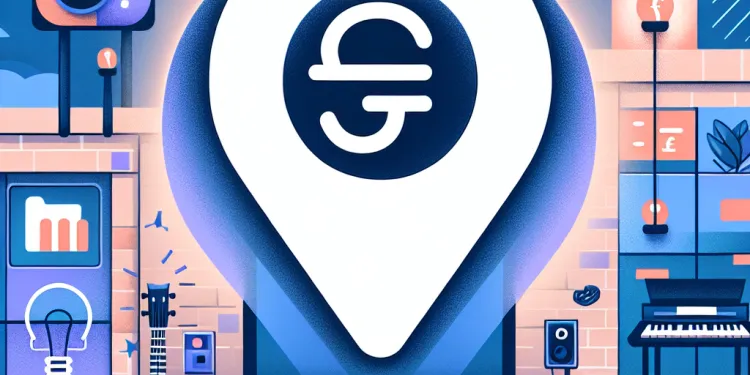
Find Help
More Items From Ergsy search
-
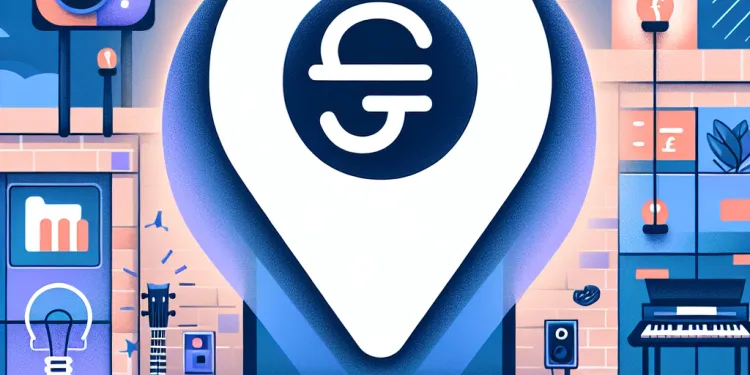
Can a gig platform deactivate my account without reason?
Relevance: 100%
-
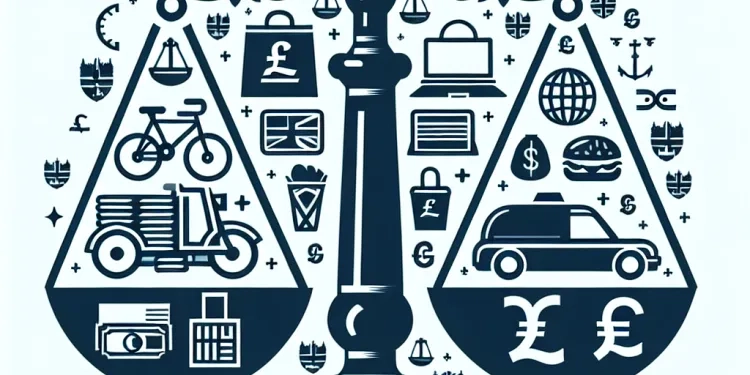
What are my rights as a Gig Worker?
Relevance: 42%
-
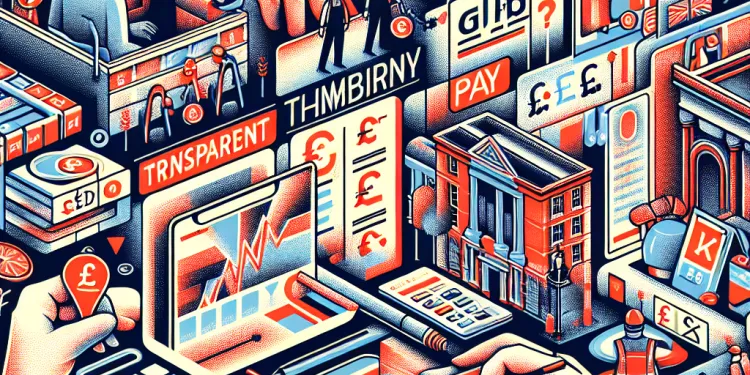
Do gig workers have the right to transparency in pay and fees?
Relevance: 37%
-
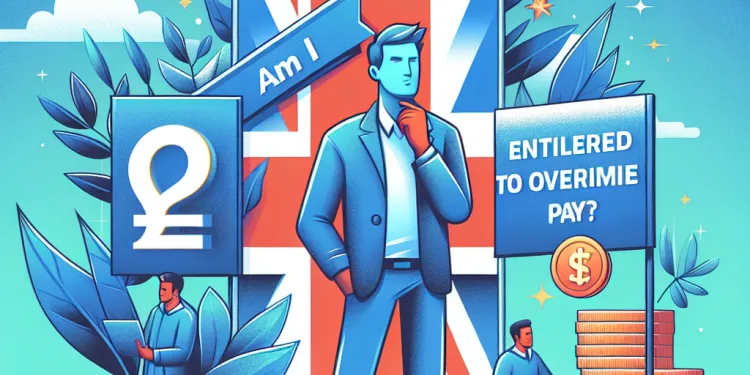
Am I entitled to overtime pay as a gig worker?
Relevance: 36%
-
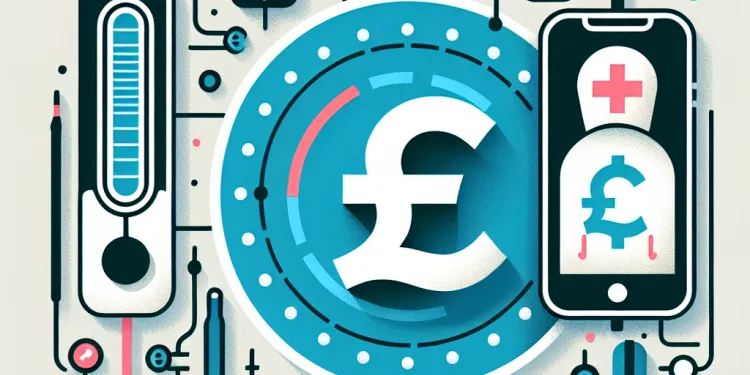
Are gig workers entitled to sick leave?
Relevance: 35%
-
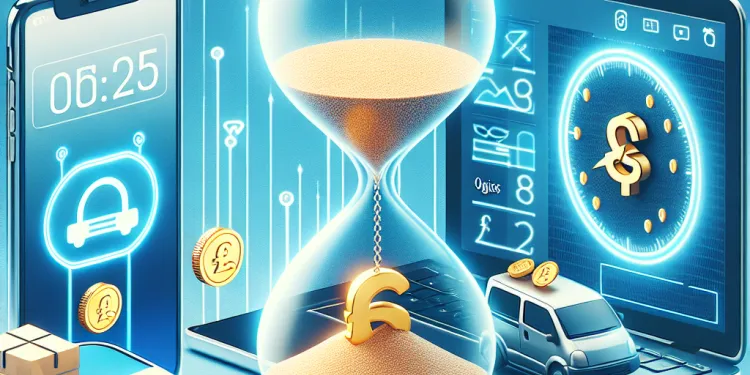
Do gig workers have the right to a minimum wage?
Relevance: 34%
-
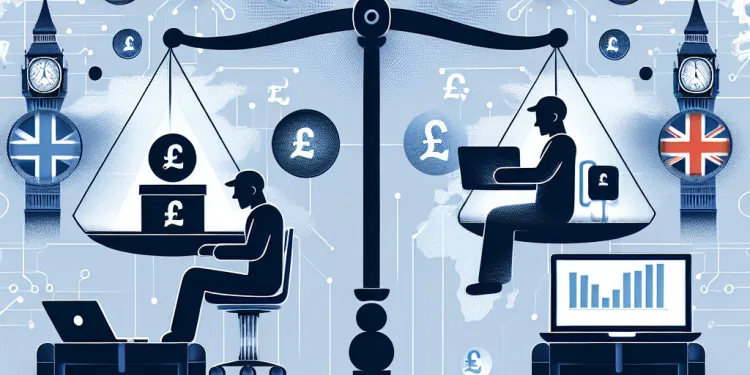
Are gig workers entitled to workers' compensation?
Relevance: 34%
-
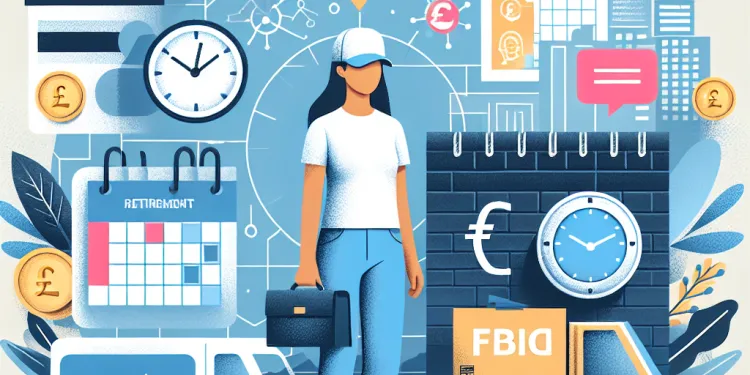
Do gig workers qualify for retirement benefits?
Relevance: 34%
-
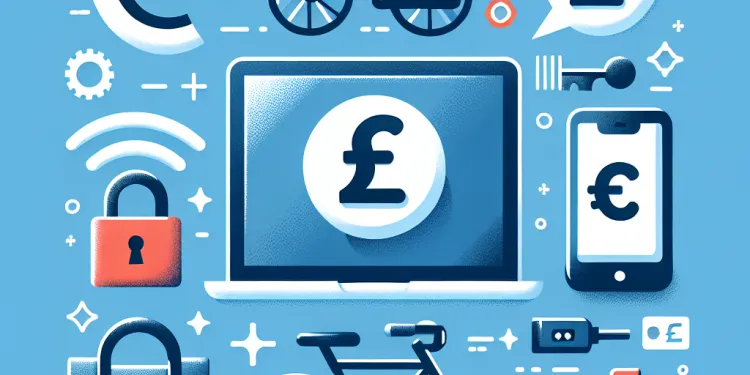
Is job security a right for gig workers?
Relevance: 33%
-
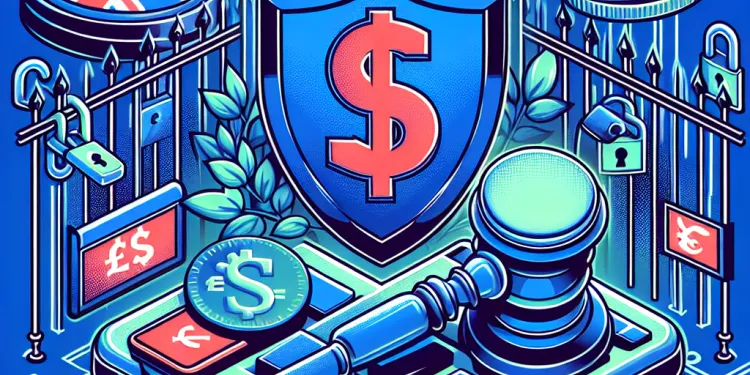
Do gig workers have intellectual property rights over their work?
Relevance: 33%
-
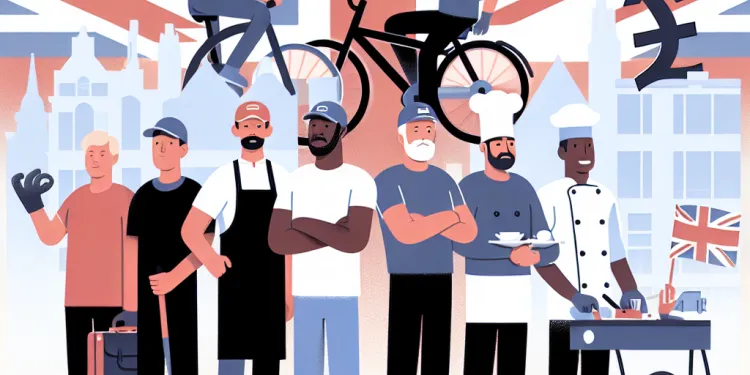
Do gig workers have the right to unionize?
Relevance: 33%
-
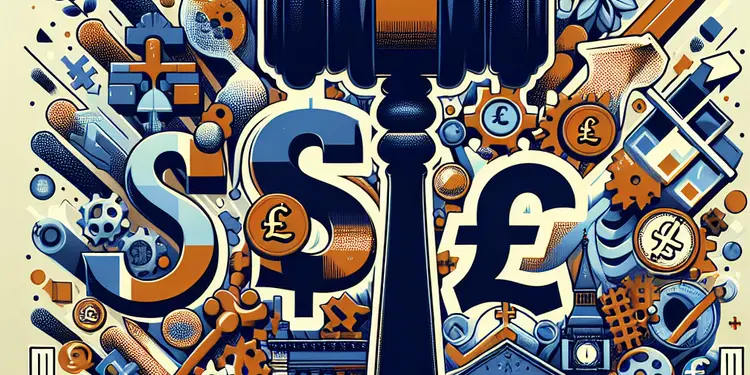
Employment Tribunal Cases Surge Amidst Gig Economy Debate
Relevance: 31%
-

Can I receive health benefits as a gig worker?
Relevance: 31%
-
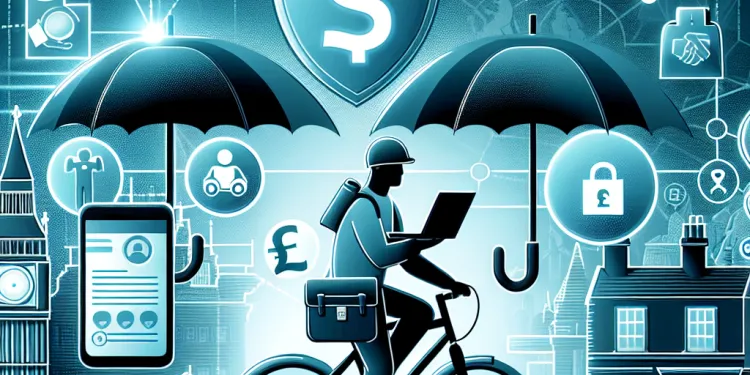
Do gig workers have access to unemployment benefits?
Relevance: 31%
-
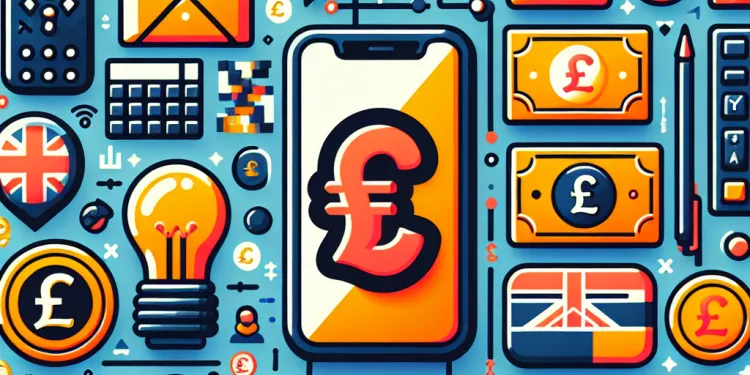
Are gig workers protected against wrongful termination?
Relevance: 31%
-
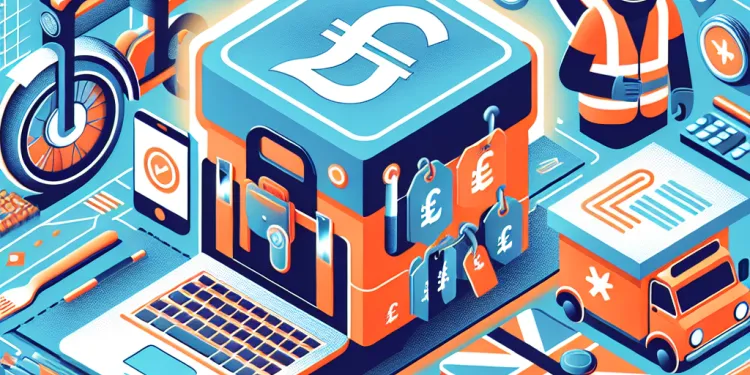
What are my rights regarding workplace safety as a gig worker?
Relevance: 31%
-
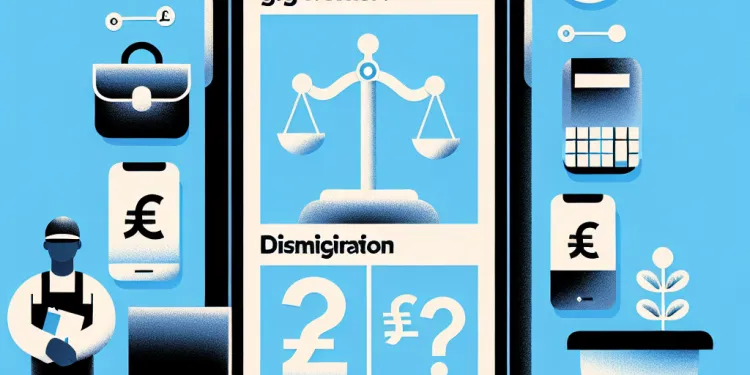
What can I do if I face discrimination as a gig worker?
Relevance: 30%
-
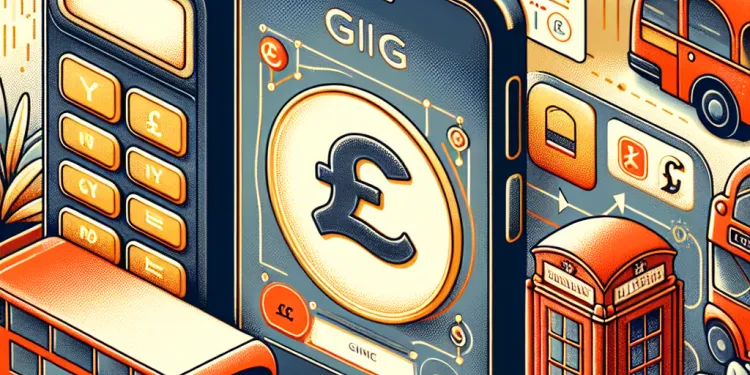
Can I claim expenses as a gig worker?
Relevance: 29%
-
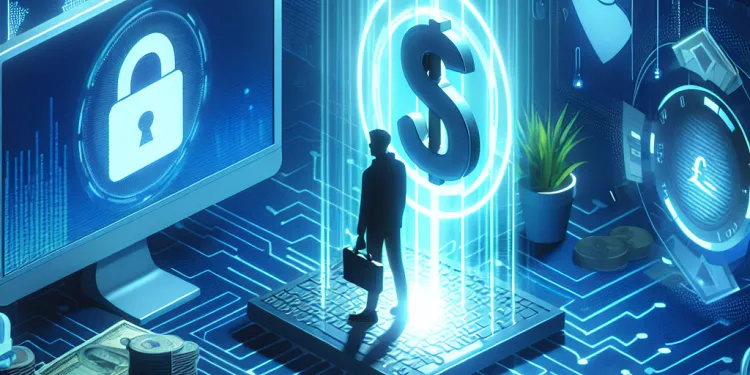
Should I report the hack to the social media platform?
Relevance: 28%
-
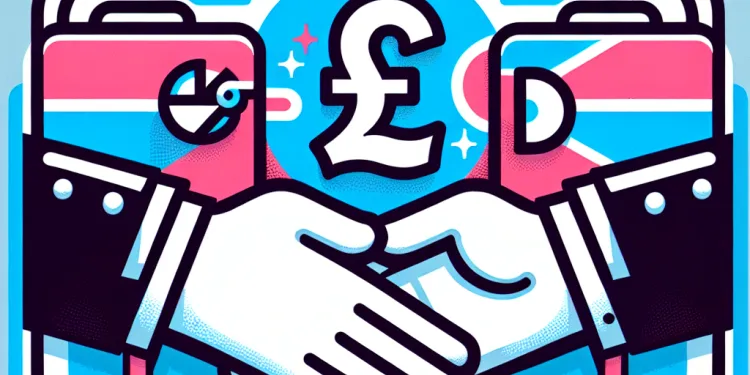
How can I address payment disputes as a gig worker?
Relevance: 28%
-
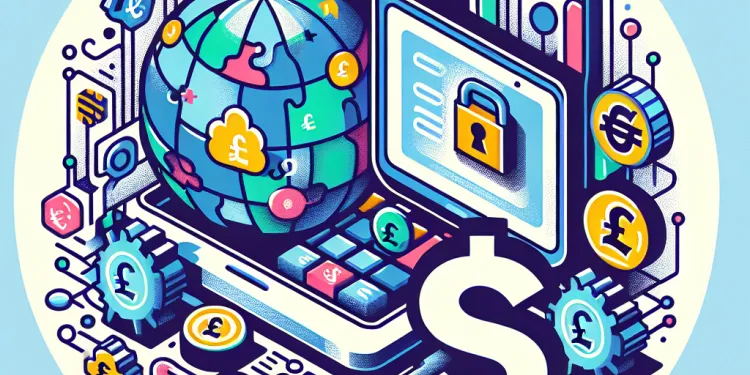
Are there any tools provided by social media platforms to increase security?
Relevance: 26%
-
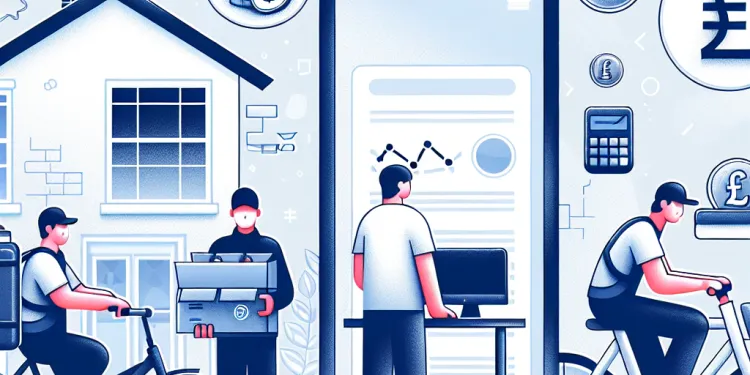
Am I considered an employee if I am a gig worker?
Relevance: 25%
-
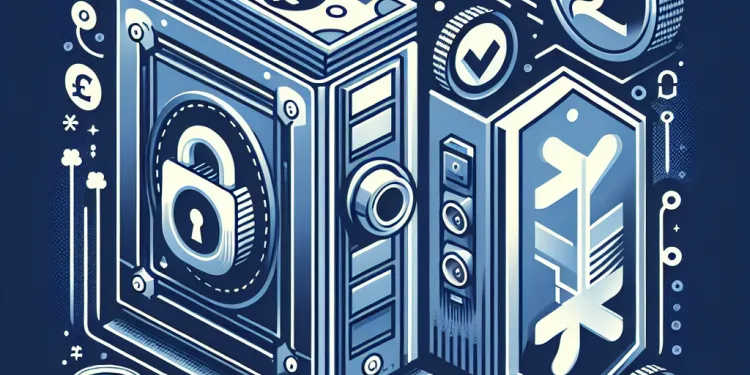
How do I know if my social media accounts have been hacked?
Relevance: 24%
-
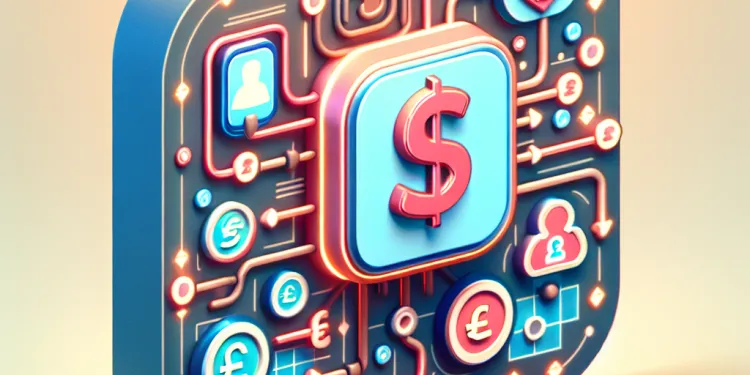
Why are there unfamiliar apps connected to my social media account?
Relevance: 23%
-
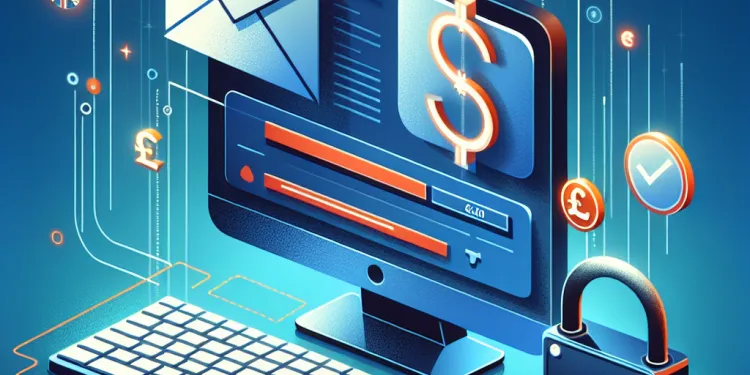
What should I do if I can't access my email account?
Relevance: 23%
-
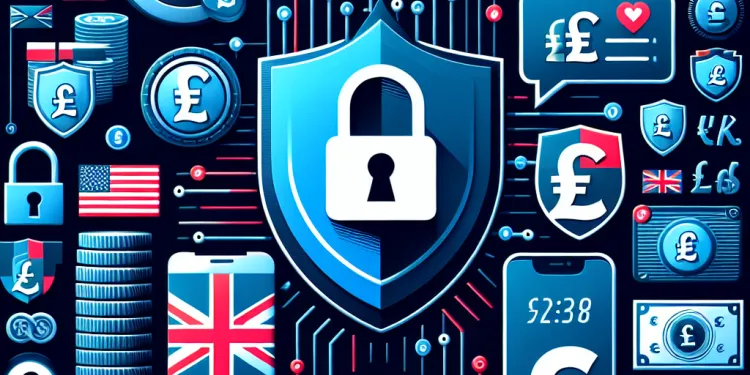
What signs indicate that my social media account might be hacked?
Relevance: 22%
-
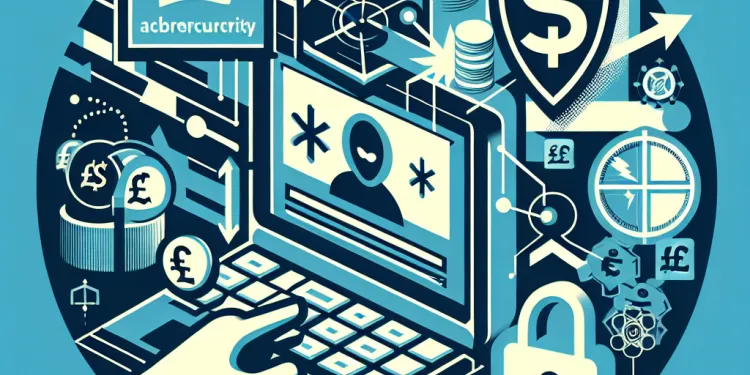
What are the risks of ignoring a hacked account?
Relevance: 21%
-
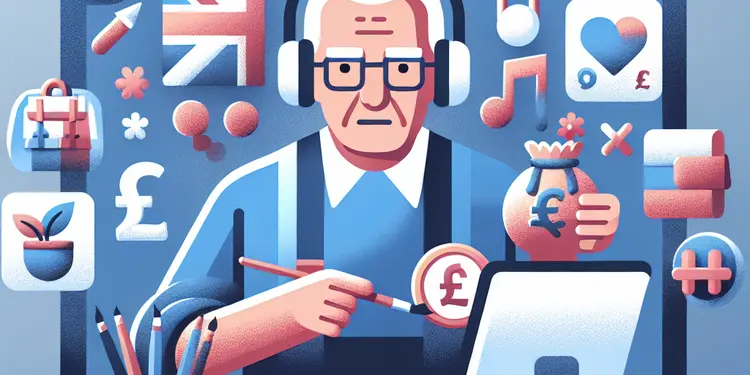
Are there online platforms to help seniors discover new hobbies?
Relevance: 21%
-

How do I secure my online accounts?
Relevance: 20%
-
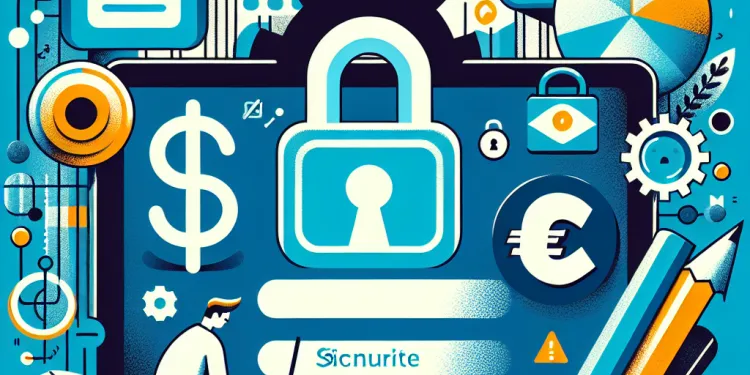
What should I do if I can't log into my account anymore?
Relevance: 20%
-

What role do online platforms play in controlling fake prostate supplement adverts?
Relevance: 20%
-
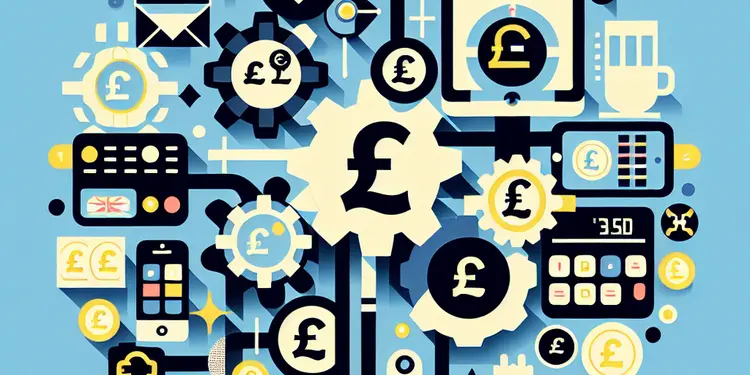
Which platforms could be affected by a social media ban for under 16s?
Relevance: 20%
-
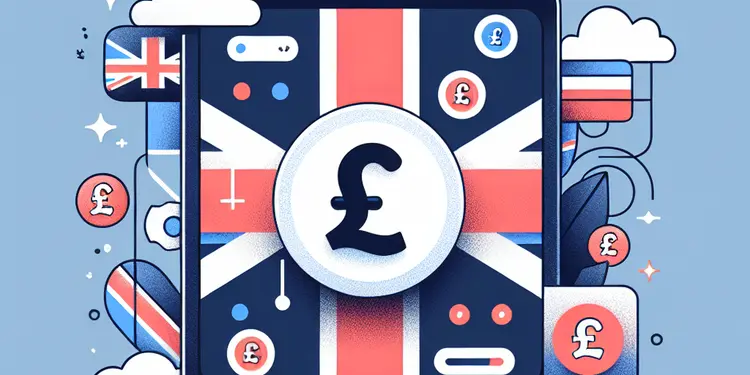
What happens if I have a credit on my account?
Relevance: 19%
-
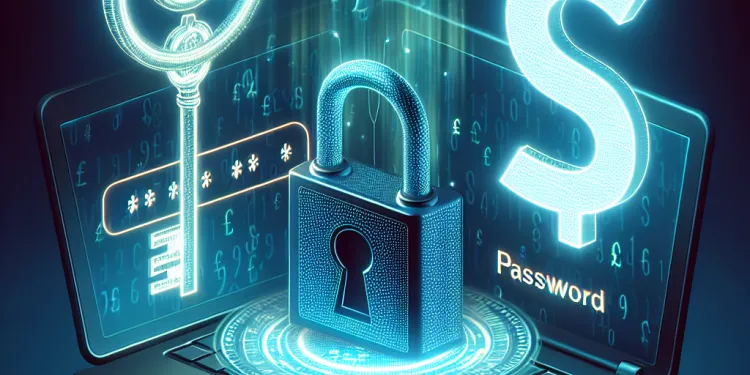
Will changing my password secure my hacked account?
Relevance: 19%
-
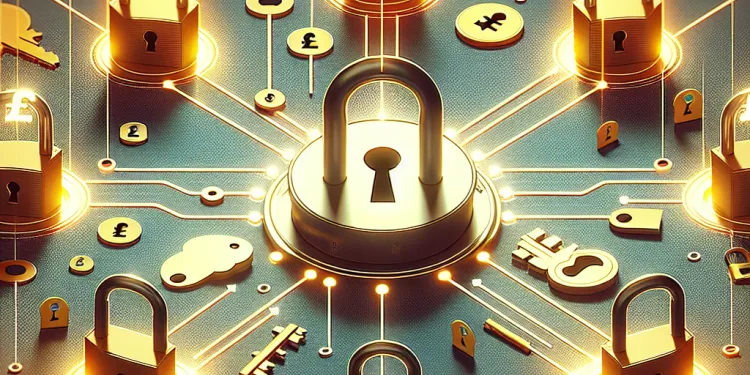
Can using the same password across accounts increase the risk of hacking?
Relevance: 19%
-

How can I check recent login activity on my social media accounts?
Relevance: 19%
-
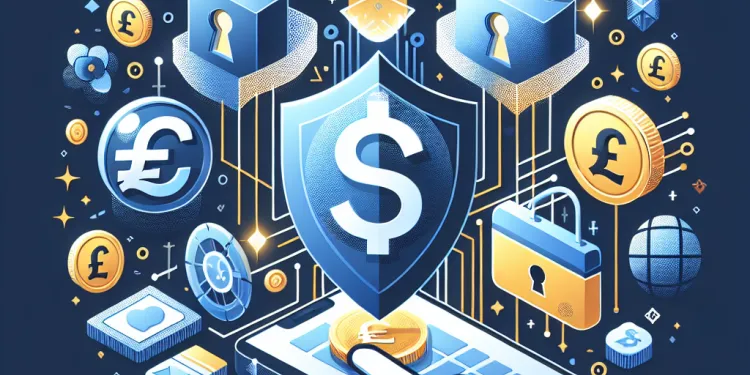
How can I check recent login activity on my email account?
Relevance: 19%
-
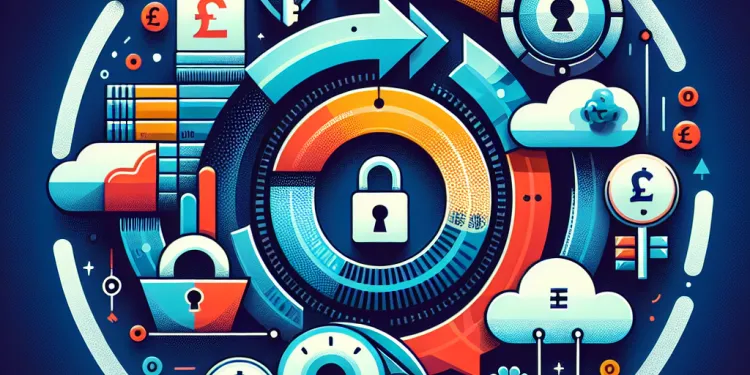
Why is it important to update my account recovery information?
Relevance: 18%
-
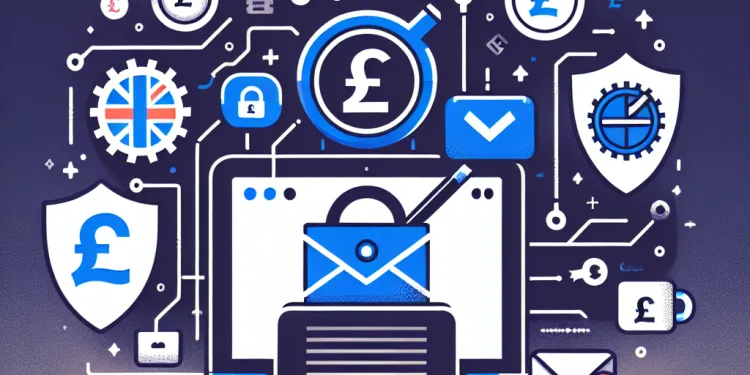
How can I recover a hacked email account?
Relevance: 18%
-

Will students receive the payment directly into their bank accounts?
Relevance: 18%
Introduction
In the gig economy, platforms such as Uber, Deliveroo, and Upwork provide flexible work opportunities by connecting clients with gig workers. However, there are instances where gig workers face deactivation of their accounts without clear reasons. Understanding whether a gig platform can deactivate your account without reason in the UK is important for gig economy participants.
Terms and Conditions
When joining a gig platform, users are required to agree to the platform's terms and conditions, which often include clauses related to account suspension or deactivation. These documents usually outline the platform's rights to deactivate or suspend accounts under specific circumstances. It's essential to read and understand these terms thoroughly, as they form the contractual agreement between you and the platform.
Platform Policies
In many cases, platforms will specify reasons for deactivation in their policies. Common reasons might include violating community guidelines, poor performance ratings, fraudulent activities, or customer complaints. While platforms strive to ensure fair practices, the broad language in the terms can sometimes lead to deactivations that may feel unjustified to the worker.
Consumer Rights and Protections
In the UK, consumer rights aim to ensure fairness and transparency. Although gig workers are never technically "employees" of these platforms, they do have rights as consumers under the Consumer Rights Act 2015. This includes the expectation of fair treatment and that services provided to them will match what was promised. However, these laws sometimes provide limited protection against platform account deactivation.
Unfair Deactivation
If you believe your account has been unfairly deactivated, there are steps you can take to address the issue. Contacting the platform's support team should be your first step. Platforms often have procedures to appeal decisions or provide deeper explanations. Document all communications to support your case if legal action becomes necessary.
Seeking Legal Help
If platform support does not resolve your issue, you may consider seeking legal counsel. Organizations like Citizens Advice Bureau can offer guidance on your rights and options. Depending on the situation, legal action might be an option, though it can be time-consuming and costly.
Conclusion
Ultimately, while platforms often reserve the right to deactivate accounts at their discretion, the process should adhere to terms that both parties have agreed upon. Understanding your rights, the platform's terms, and the available recourse can help gig workers navigate the challenges of account deactivation. Staying informed and proactive is key to maintaining access to opportunities within the gig economy.
Introduction
In the gig economy, apps like Uber, Deliveroo, and Upwork let people find flexible work. They connect workers with customers who need jobs done. But sometimes, these apps can stop workers from using their accounts without saying why. It's important to know if this can happen in the UK so that workers are prepared.
Terms and Conditions
When you sign up for a gig app, you agree to their rules, called terms and conditions. These rules talk about how your account might be paused or stopped. It's very important to read these rules so you know what you’re agreeing to.
Platform Policies
Many gig apps have rules that explain why they might stop an account. Reasons can include breaking the app's rules, bad ratings, cheating, or complaints from customers. Sometimes the reasons can seem unfair, but they are usually written in the app's terms.
Consumer Rights and Protections
In the UK, there are laws that try to make sure people are treated fairly. Gig workers are not employees, but they still have some rights. The Consumer Rights Act 2015 says services should be as promised and fair. But these laws might not always help if an app stops your account.
Unfair Deactivation
If you think your account was stopped unfairly, you can try to fix it. First, contact the support team of the app. They might have a way for you to ask them to look at the decision again. Keep a record of all messages to help you if you need to take further action.
Seeking Legal Help
If the app's support team can't help you, you might want to talk to a lawyer. Organizations like the Citizens Advice Bureau can tell you about your rights and what you can do next. Taking legal action can take time and money, so it's a decision to consider carefully.
Conclusion
Apps can sometimes stop accounts, but they need to follow the rules everyone agreed on. Knowing your rights, the app's rules, and what you can do if your account is stopped will help you. Being informed and ready will help you succeed in the gig economy.
Frequently Asked Questions
Can a gig platform deactivate my account without reason?
Yes, many gig platforms reserve the right to deactivate accounts at their discretion as outlined in their terms and conditions.
What are common reasons for account deactivation on gig platforms?
Common reasons can include violating terms of service, receiving negative feedback, fraudulent activity, or inactivity for a prolonged period.
Will I receive a warning before account deactivation?
It depends on the platform. Some may issue warnings, while others might deactivate your account immediately if a serious violation occurs.
What should I do if my account gets deactivated without reason?
Contact the platform's support team for clarification and to request a review of your account status.
Is it possible to reactivate a deactivated account?
In some cases, yes. If the issue is resolved or a misunderstanding is cleared, platforms may choose to reactivate your account.
Can I appeal a deactivation decision?
Most platforms offer an appeals process allowing you to contest account deactivation by providing additional information or context.
How can I prevent my account from being deactivated?
Follow the platform's terms and guidelines, maintain a good service level, and address any disputes or issues promptly.
Do platforms have the right to deactivate accounts for any reason?
Yes, if it's stated in their terms of service. Users typically agree to these terms upon signing up.
Are there legal protections against unjust deactivation?
Legal protections vary by jurisdiction, but generally, agreeing to the terms of service grants platforms significant control over account status.
Can negative customer feedback lead to deactivation?
Yes, consistently poor ratings or customer complaints can result in account review or deactivation.
Does inactivity influence account deactivation?
Some platforms may deactivate accounts that are inactive for an extended period to maintain an engaged user base.
Should I keep records of my transactions?
Yes, maintaining records of your transactions can help in disputes or verification processes with the platform.
How long does it take to resolve a deactivation issue?
Resolution times vary, but contacting support promptly and providing requested information can expedite the process.
Will I lose access to my earnings if my account is deactivated?
It depends on the platform's policy. You may need to contact support to withdraw any remaining balance.
Can multiple deactivations on various platforms affect my overall reputation?
Potentially, as some platforms may share data or industry reputation can be influenced by patterns of past behavior.
What information should I provide when appealing a deactivation?
Provide any evidence or documentation that supports your case, and clearly explain any misunderstandings or resolutions.
Is there a limit to how many times I can appeal a deactivation?
Most platforms have set procedures, and repeated unsuccessful appeals without new information might not be considered.
What other actions can I take aside from appealing?
Consider seeking legal advice if you believe the deactivation violates any laws or regulations.
Can a class-action suit be filed against a platform for arbitrary deactivations?
This depends on the situation and jurisdiction; legal advice is necessary to explore such an option.
Are there third-party services that can assist with deactivation issues?
Yes, there are online communities and legal services that offer guidance to gig workers facing platform disputes.
Can a gig platform close my account without telling me why?
Many gig apps can close your account if they want to. They say this in their rules.
Why do accounts get turned off on gig websites?
Your account might be stopped for a few reasons:
- If you break the rules of the site.
- If people say bad things about you or your work.
- If you cheat or do something not allowed.
- If you do not use the account for a long time.
If you need help, you can:
- Ask someone you trust to help you understand.
- Use tools like text-to-speech to hear the information.
- Look for simple guides or videos online.
Will I get a warning before my account is turned off?
It depends on where you are. Some places might give you a warning if you do something wrong. Others might stop your account right away if you break a big rule.
What if my account stops working for no reason?
Here’s what you can do if you cannot use your account:
1. **Stay Calm**: Take a deep breath and try not to worry.
2. **Check Email**: Look at your email for any messages about why your account stopped working.
3. **Contact Support**: Find the "Help" or "Support" section on the website or app. Ask them why your account is not working.
4. **Ask a Friend**: Sometimes, talking to a friend or family member can help. They might have some good ideas.
5. **Write Down Information**: Keep a note of what you do and any answers you get. This will help you remember.
If reading is hard, use a read-aloud tool or ask someone to read it to you. You can also use text-to-speech apps.
Ask the support team for help. They can check your account and tell you what to do.
Can you use an account again after you stop using it?
If you stop using an account, you might be able to use it again. Here are some tips:
- Check the website: Look on the website for help.
- Contact support: Ask for help if you can use the account again.
- Try logging in: Sometimes, just trying to log in can help.
Yes, it is possible. Sometimes, if a problem is fixed or a mix-up is sorted out, the website might turn your account back on.
Can I ask to change a decision to deactivate?
If an account is turned off (deactivated), you can ask for the decision to be looked at again. Here’s how to do it:
- Find out why the account was turned off.
- Get all the proof you might need to show why it should be turned back on.
- Write a message or fill in a form to say why you think the account should be on again.
- Tell all the important reasons why the decision should be changed.
- Use simple and clear words to explain yourself.
Getting help from a friend or family member can also be useful. Some tools can read text out loud, which can help understand what to do.
Most websites let you ask them to look at your case again if they close your account. You can tell them more about why it should stay open.
How do I keep my account from being closed?
Here are some steps to help you keep your account safe and open:
- Keep your information up to date: Make sure your email and phone number are correct.
- Follow the rules: Don't do things that break the rules. Check the rules if you're unsure.
- Log in regularly: Use your account often so it stays active.
- Protect your password: Use a strong password and don't share it with anyone.
If you need help, you can:
- Ask a friend or family member to assist you.
- Use tools that read text out loud.
- Watch videos that explain things simply.
Follow the rules of the platform. Do your best to give good service. Fix any problems or arguments quickly.
Can websites close accounts whenever they want?
Websites, like Facebook or Twitter, sometimes close or turn off accounts. They might do it for different reasons. It’s like when a shop says you can't come in. They have rules, and if someone breaks them, they might close their account. It’s important to read the rules so you know what is okay.
Some tools can help you understand rules better, like asking a friend or using websites that explain things simply. You can also use apps that read out text to you. These can make it easier to understand what the website is saying. Remember, if you have questions, it’s okay to ask for help!
Yes, if the rules say so. People usually say yes to these rules when they sign up.
Are there rules to stop unfair deactivation?
Rules are different in each place, but usually, when you say "yes" to the rules on a website, the website can make big choices about your account.
Can bad customer feedback make you lose your account?
If people don't like your service or complain a lot, your account might get checked or closed.
Does not using my account make it close?
Some websites or apps might turn off your account if you don't use it for a long time. This helps keep people active on the site.
Do I need to keep a list of things I buy and sell?
Yes, it is a good idea to keep a list.
This list will help you remember what you bought and sold.
You can use a notebook to write it down.
Or you can use a computer or tablet.
Keeping records of what you buy and sell can help if there is a problem later. It can also help if you need to check things with the website.
How long to fix a turned-off account problem?
How long it takes to fix things can be different. If you contact support quickly and give them the information they need, it can help speed things up.
Will I lose my money if my account is closed?
It depends on the rules of the website or app. You might need to talk to their help team to get your money out.
Will turning off my accounts on different websites hurt what people think of me?
Yes, it is possible. Some websites might share information. How people acted in the past can also change how others see them.
What should I say if my account is turned off?
If your account is turned off, you need to tell them some things:
- Who you are: Tell them your name and email.
- What happened: Explain why you think your account is turned off.
- What you want: Say that you want your account back.
You can ask someone to help you with this. You can also use tools like a computer spell-checker to make sure everything is right.
Share any proof or papers that help your case. Explain clearly if there was a mix-up or how things got fixed.
Can I ask more than once to get my account back?
Most websites have rules you need to follow. If you ask to change a decision many times without new reasons, they might not listen anymore.
What else can I do if I don't want to appeal?
If you think turning off your account breaks any rules or laws, it might be a good idea to talk to a lawyer. A lawyer can help you understand what to do next.
Can a group of people together sue a website for unfairly shutting down accounts?
This can be different depending on where you are and what is happening. It is important to talk to a lawyer to understand your choices.
Can other companies help you with turning something off?
Sometimes, it can be hard to turn things off or make them stop. There are companies that can help you with this. They know how to do it and can make the job easier for you.
If you're finding it tricky, you can ask these companies for help. You can also use tools like checklists or diagrams to understand the steps better. If you have trouble reading, ask someone to read the steps with you. It can make things much simpler!
Yes, there are online groups and legal services that help gig workers with platform problems.
Useful Links
This website offers general information and is not a substitute for professional advice.
Always seek guidance from qualified professionals.
If you have any medical concerns or need urgent help, contact a healthcare professional or emergency services immediately.
- Ergsy carfully checks the information in the videos we provide here.
- Videos shown by Youtube after a video has completed, have NOT been reviewed by ERGSY.
- To view, click the arrow in centre of video.
- Most of the videos you find here will have subtitles and/or closed captions available.
- You may need to turn these on, and choose your preferred language.
- Go to the video you'd like to watch.
- If closed captions (CC) are available, settings will be visible on the bottom right of the video player.
- To turn on Captions, click settings .
- To turn off Captions, click settings again.
More Items From Ergsy search
-

Can a gig platform deactivate my account without reason?
Relevance: 100%
-

What are my rights as a Gig Worker?
Relevance: 42%
-

Do gig workers have the right to transparency in pay and fees?
Relevance: 37%
-

Am I entitled to overtime pay as a gig worker?
Relevance: 36%
-

Are gig workers entitled to sick leave?
Relevance: 35%
-

Do gig workers have the right to a minimum wage?
Relevance: 34%
-

Are gig workers entitled to workers' compensation?
Relevance: 34%
-

Do gig workers qualify for retirement benefits?
Relevance: 34%
-

Is job security a right for gig workers?
Relevance: 33%
-

Do gig workers have intellectual property rights over their work?
Relevance: 33%
-

Do gig workers have the right to unionize?
Relevance: 33%
-

Employment Tribunal Cases Surge Amidst Gig Economy Debate
Relevance: 31%
-

Can I receive health benefits as a gig worker?
Relevance: 31%
-

Do gig workers have access to unemployment benefits?
Relevance: 31%
-

Are gig workers protected against wrongful termination?
Relevance: 31%
-

What are my rights regarding workplace safety as a gig worker?
Relevance: 31%
-

What can I do if I face discrimination as a gig worker?
Relevance: 30%
-

Can I claim expenses as a gig worker?
Relevance: 29%
-

Should I report the hack to the social media platform?
Relevance: 28%
-

How can I address payment disputes as a gig worker?
Relevance: 28%
-

Are there any tools provided by social media platforms to increase security?
Relevance: 26%
-

Am I considered an employee if I am a gig worker?
Relevance: 25%
-

How do I know if my social media accounts have been hacked?
Relevance: 24%
-

Why are there unfamiliar apps connected to my social media account?
Relevance: 23%
-

What should I do if I can't access my email account?
Relevance: 23%
-

What signs indicate that my social media account might be hacked?
Relevance: 22%
-

What are the risks of ignoring a hacked account?
Relevance: 21%
-

Are there online platforms to help seniors discover new hobbies?
Relevance: 21%
-

How do I secure my online accounts?
Relevance: 20%
-

What should I do if I can't log into my account anymore?
Relevance: 20%
-

What role do online platforms play in controlling fake prostate supplement adverts?
Relevance: 20%
-

Which platforms could be affected by a social media ban for under 16s?
Relevance: 20%
-

What happens if I have a credit on my account?
Relevance: 19%
-

Will changing my password secure my hacked account?
Relevance: 19%
-

Can using the same password across accounts increase the risk of hacking?
Relevance: 19%
-

How can I check recent login activity on my social media accounts?
Relevance: 19%
-

How can I check recent login activity on my email account?
Relevance: 19%
-

Why is it important to update my account recovery information?
Relevance: 18%
-

How can I recover a hacked email account?
Relevance: 18%
-

Will students receive the payment directly into their bank accounts?
Relevance: 18%


